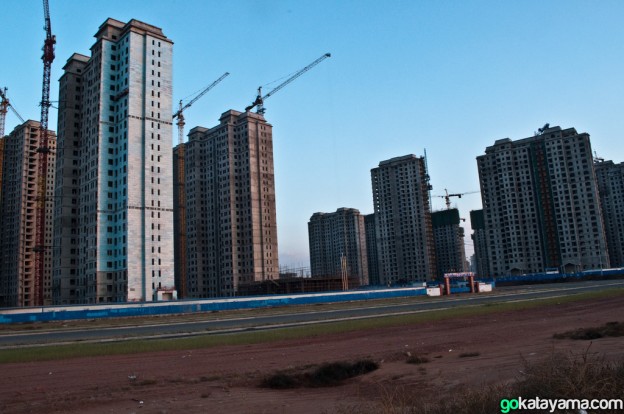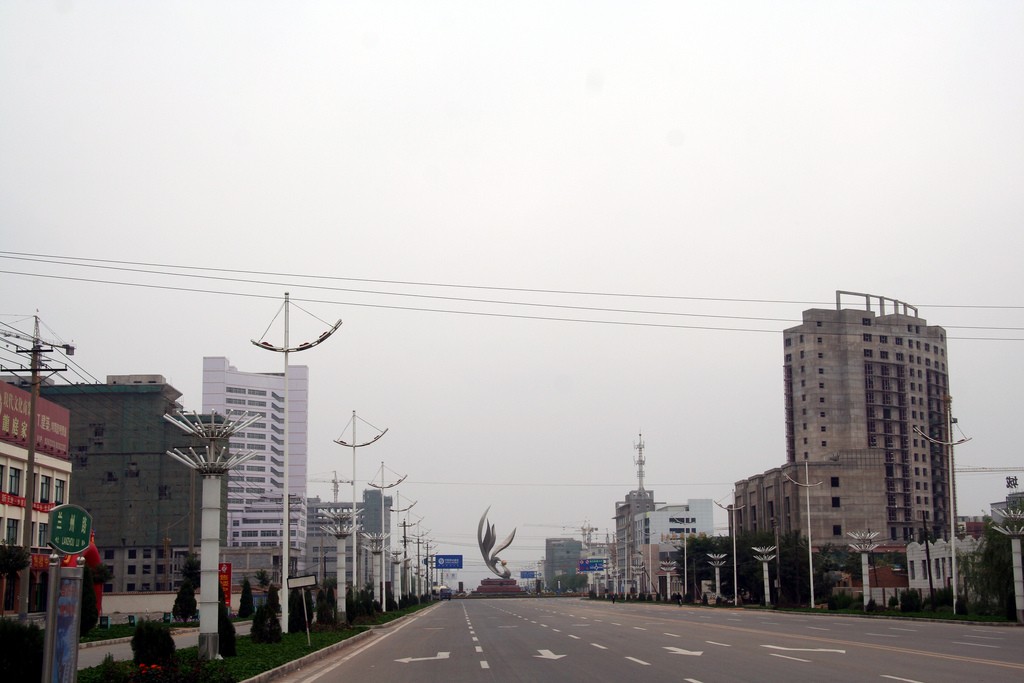

In the world of urban development, there is perhaps no more interesting case study than the recent building boom in the People’s Republic of China. Over the past decade, China has literally built hundreds of new cities, many of them springing up seemingly overnight. It has been a building frenzy unmatched in all of human history. However, with the rapid pace of development, an unexpected phenomenon has occurred: many of these new cities remain completely devoid of people.
Numerous factors have contributed to this phenomenon, and many of them are a result of policies of the Chinese government. One of the most commonly cited is that limitations on investment options in the country have led many to park their savings in real estate. As a result, many individuals have purchased properties they have no intention of living in. Another policy that has contributed to the building of empty cities is the fact that most local municipalities have to fiscally stand on their own. With limited assistance from the national government, many regions remain solvent only by purchasing rural farmland, rezoning it for urban development, and selling it to urban developers. It is unsurprising that a policy which essentially requires urban expansion will eventually lead to overbuilding.
There is another contributing factor which often gets dismissed, because it appears too reasonable for a situation that seems to defy logic. This is the idea that the country is building for future growth. With many of these cities still under construction, is it possible that China is preparing for a future when its citizens will relocate by the millions? Such a mass migration can hardly occur in one, two or even five years. Decades will be required. If this is indeed the intent and plan of the central government, they are well positioned for the massive urban shift that has yet to take place.
The term “ghost cities” is often used to describe these areas, and with empty apartment buildings, vacant shopping centers, and major thoroughfares bereft of cars it is not difficult to see why. However, this is an unfair label. A “ghost town” is generally defined as a city or town which has died, or been abandoned. These cities haven’t died, they are still waiting to come to life.
